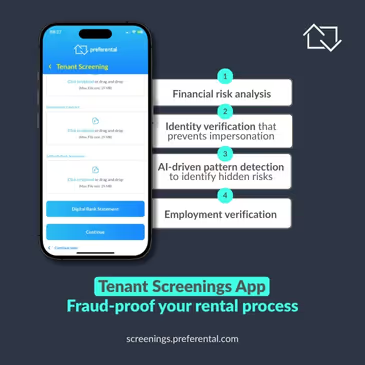Court backs estates on Airbnb-style lets for now
- High Court lets stricter 2020 rules stand at Blyde Estate pending appeal.
- STL deemed commercial activity schemes may regulate under valid, CSOS-approved rules.
- Costs awarded against STL owners for unnecessary opposition and non-compliance.
A Gauteng High Court ruling in Blyde River Walk Estate HOA & Others v Community Schemes Ombud Services (CSOS) & Others (22/1326) strengthens the hand of home owner associations (HOAs) and bodies corporate to regulate short-term, holiday rentals (STL) while an appeal plays out.
Johlene Wasserman, Director: Community Schemes & Compliance at VDM Incorporated (ex-CSOS, ex-PPRA), says the decision is a practical win for schemes facing disruption from high-turnover letting:
“The court has delivered a clear message that STL’s are a commercial activity and that HOAs and bodies corporate have the power to regulate them, provided the rules are properly adopted and approved,” says Wasserman. “The ruling (now under appeal) affirms their right to act while the broader dispute continues.”
How short-term & holiday rentals work & why this matters
Short-term and holiday lets typically mean high guest turnover, platform-based bookings, and hotel-like usage within residential schemes.
That can drive noise, overcrowding, parking and security strain classic common-property risks. The judgment confirms schemes can set conditions or limits (minimum nights, occupancy caps, registration, penalties) if the rules are validly made and CSOS-approved.
Backstory
Owners at Blyde River Walk Estate (Pretoria) used units for holiday, STL, prompting resident complaints.
- In 2018, the estate had lenient rules.
- In 2020, the HOA/developer tightened conduct rules to restrict STL.
- CSOS initially approved the tighter rules, but an adjudicator later set them aside, reinstating the 2018 position.
- The HOA appealed to the High Court.
The Court’s findings
While not granting everything the HOA sought, the court:
- Partly suspended the adjudicator’s order.
- Allowed the stricter 2020 rules to remain in force pending the appeal.
- Dismissed STL owners’ contempt/strike-out allegations.
- Awarded costs (including two counsel) against the STL owners for unnecessary opposition and procedural non-compliance.
Practical effect: STL at Blyde is still permitted, but only under the tighter 2020 rules until the main appeal is finalised.
Key legal principles (what this clarifies)
- STL = commercial use in a residential context; disruption risk can justify tighter regulation.
- Schemes may regulate STL under Section 10 of the STSMA, if rules are reasonable, validly adopted by special resolution, and approved by CSOS.
- CSOS adjudicators can’t rewrite rules; they may set aside defective rules, amendments must come from the scheme.
- Courts will balance rights: residents’ quiet enjoyment vs owners’ right to rent within a lawful rule framework.
Implications
For HOAs/Bodies Corporate
- You can limit or condition STL—if your rules are done properly (special resolution, CSOS approval, reasonableness).
- Expect enforcement scrutiny: maintain a clear booking register, security protocols, occupancy limits, minimum-stay policies, and penalty frameworks aligned to your rules.
- Keep governance clean—due process beats blanket bans.
For Owners/Hosts
- STL is not an automatic right. Check your scheme rules and secure any required registrations/permissions.
- Non-compliance can be costly (fines, interdicts, legal fees). Ensure insurance and municipal/zoning alignment.
For Managing Agents/Trustees
- Audit rules now; if STL isn’t addressed, consider amendments via special resolution.
- Build evidence files (complaints, incidents) to demonstrate reasonableness if challenged.
- Train security/front-of-house on guest verification and access control.
Way forward
- Schemes: Update/confirm STL policies and file with CSOS; communicate clearly to owners; enforce consistently.
- Owners: Engage early with trustees; where STL is allowed, comply with conditions to avoid sanctions.
- All parties: Watch the appeal outcome, but for now, tighter 2020 rules stand at Blyde and the regulatory direction is clear.
Bottom line
The court has tilted the field toward regulated STL. If your rules are properly made and CSOS-approved, you can protect residential amenity without extinguishing owners’ rights and you can enforce while the bigger fight continues.













.avif)


.avif)

.avif)




.svg)





























.avif)
